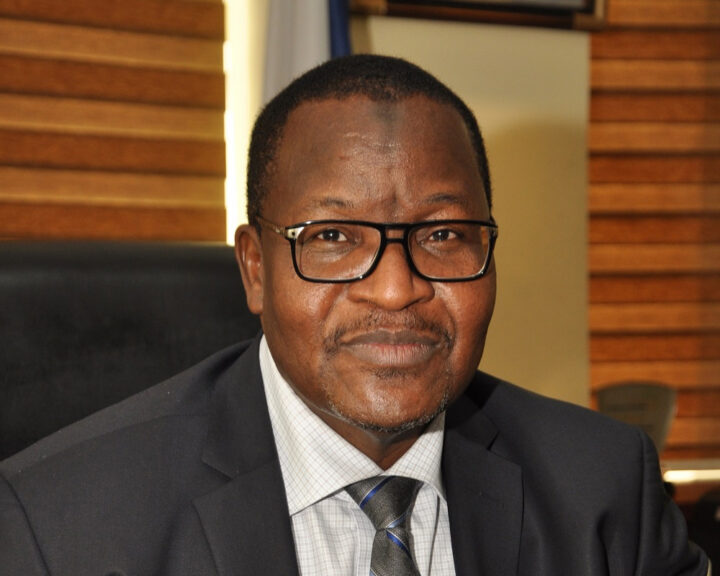The Nigerian Ports Authority (NPA) says multiple checkpoints along ports corridors are part of the problems confronting its operations across the country.
Mohammed Koko, acting managing director of the Nigerian Ports Authority (NPA), disclosed this on Tuesday at an interactive session organised by the house of representatives committee on customs.
Koko said the security operatives are using the “multiple checkpoints” to extort people.
He said NPA had made efforts to address the “multiples problems” in ports operations, adding that some of the problems are “outside the purview of NPA”.
Advertisement
“On the issue of the e-call up system, it is a system that was introduced to digitalise the manual system of bringing in trucks into the ports,” he said.
“The idea was for all trucks going into the locations of the ports to exit from appointed truck terminals, and then you will be called up. You look from one terminal to the other, and then we are supposed to have an e-ticket, this way, terminal operators can know when trucks are coming in.
“In recent times, they have been given a dashboard that will even enable you to know when trucks are coming in. But there are multiple problems that we have addressed, some of them are outside the Nigerian Ports Authority, outside the purview of NPA.
Advertisement
“The first issue is the problem of extortion. They are multiple checkpoints within what we call the red zone”.
At this point, Leke Abejide, chairman of the committee, interrupted saying “media take note of this, there are multiple extortions in ports along the roads.”
“We went around, we went to Lagos. We went around this country, all the ports. This is my committee, they are here.
“And everywhere we went to, all the area comptrollers, they are complaining about this. And even the transporters too complained that they spent an average of N250,000 to N300,000 to enter the ports. So it is not that we are hearing it from you,” he said.
Advertisement
Continuing his presentation, Koko said the checkpoints are manned by police officers, adding that naval and military operatives illegally escort vehicles.
“Let me explain, so you have multiple checkpoints that are just springing up. And these checkpoints are manned by police officers. At times you find men in uniform… naval or military escorting vehicles illegally, and the Lagos state government has been very cooperative in terms of enforcement of the SOP as it relates to the truck call up system,” he said.
“About last week, we held a meeting with the federal road safety commission, LASTMA, the AIG marine, the CP and other officers in the police force, and we decided that let them identify checkpoints, and the essence of the checkpoint is not to interfere with the flow of traffic.
“The essence of the checkpoint is to verify that these trucks are allowed to come in. But when we discovered that trucks would just formally park along the Tin Can Apapa corridor looking for a business.
Advertisement
“That means they actually have no business being in that location, and that is why truck parks were created and automated.”
The chairman of the committee said checkpoints won’t be needed if the system is automated.
Advertisement
“If you don’t have that ticket, you cannot come in, and any trucks found without the ticket should be impounded,” he said.
Responding, Koko said, “the people that are supposed to impound are the people extorting, I’m sorry to say this,” he said.
Advertisement
“Lagos state government has been working with Nigerian Port Authority to ensure enforcement. That has work to a large extent, but we still have multiple checkpoints.
“At times in a day you can count 20 to 30 checkpoints within the Tin Can Apapa corridor, and it is really affecting the flow of traffic, mostly at night. Now it has graduated to area boys being the fifth man, they stand there, collect this money on behalf of uniform men.”
Advertisement
The committee ruled that NPA should work with customs to streamline the system.
Add a comment






